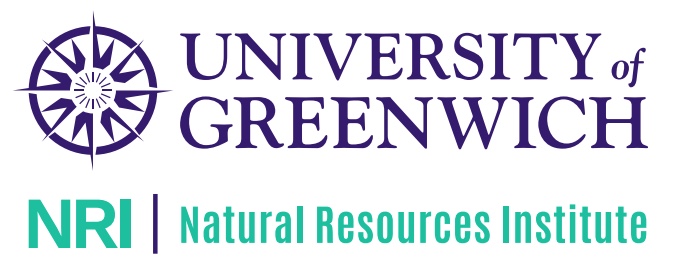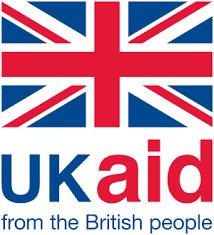Investors, government and community authorities and other stakeholders need to collaborate at wider geographical scales to strengthen land governance at scale and create greater shared value. To avoid being confined to islands of success, mechanisms to strengthen stakeholder engagement in planning and land governance across wider landscapes and territories are key features of an improved business environment for sustainable and responsible investment.
Hechos relevantes: Land & InvestmentsVer todo
Responsible investment pilots involved practical action with multiple stakeholders across wider areas where land and natural resources are important for environmental services and adaptation to climate change as well as for agriculture and local and regional economies.
Tenure security for indigenous communities and clarification of overlapping rights to land and natural resources is critical to control of deforestation and for management of intact forestlands. But ways to strengthen land rights and governance are often missing from climate and landscape programmes.
The corporate sector, and many smaller businesses, have made substantial commitments to reducing carbon emissions and eliminating deforestation and making land use more sustainable across supply chains. Landscape approaches are popular, and public-private climate and landscape finance is available but mechanisms for implementation are lacking.
The P4F programme has pioneered development of 47 public-private-community partnerships that are developing scalable sustainable investments combining production of 23 different commodities and protection of forest environments, promoting participatory approaches and multi-stakeholder platforms involving companies, communities, local government and customary authorities. Examples include:
- Commodity trader Touton’s approach to increasing cocoa productivity assisting 60,000 small scale producers to farm in environmentally responsible ways across a 243,500 forest-farm landscape in Western Ghana.
- Miro Forestry’s approach to timber plantations in Ghana and Sierra Leone, creating new opportunities in degraded areas in partnership with community land owners.
Several LEGEND projects took steps to establish ongoing institutional arrangements to bring stakeholders together in landscape-wide associations and platforms, in which engagement of jurisdictional authorities, including both local government and customary leaders, has proved essential.
- Solidaridad established a multi stakeholder platform involving district and chieftaincy authorities in Pujehun district, Sierra Leone.
- Micaia established a baobab harvesters association working with communities across two districts in Mozambique, with a potential future role in a multi-stakeholder landscape wide natural resource management plan.
- VSF - Belgium and UCRT built a multi-stakeholder sustainable cultural tourism plan for the Lake Eyasi valley in northern Tanzania and laid the foundations for the foundations for a landscape management platform, and multiple resource protection and management initiatives by local groups.
- ORAM established community land associations in 20 communities, within Portucel’s vast concessions, with potential to work together and with other stakeholders across several districts. Here, local land documentation, is helping to reduce uncontrolled fires.
Descargo de responsabilidad: Los datos mostrados en el Land Portal son proporcionados por terceros indicados como fuente de datos o como proveedor de datos. El equipo del Land Portal trabaja constantemente para garantizar el mayor nivel posible de calidad y precisión de los datos, aunque éstos son, por su naturaleza, aproximados y contendrán algunas inexactitudes. Los datos pueden contener errores introducidos por el proveedor o proveedores de datos y/o por el equipo de Land Portal. Además, esta página permite comparar datos de diferentes fuentes, pero no todos los indicadores son necesariamente comparables desde el punto de vista estadístico. La Fundación Land Portal (A) renuncia expresamente a la exactitud, adecuación o integridad de los datos y (B) no será responsable de los errores, omisiones u otros defectos, retrasos o interrupciones de dichos datos, ni de las acciones realizadas en base a ellos. Ni la Fundación Land Portal ni ninguno de sus proveedores de datos serán responsables de ningún daño relacionado con el uso que usted haga de los datos aquí proporcionados.





